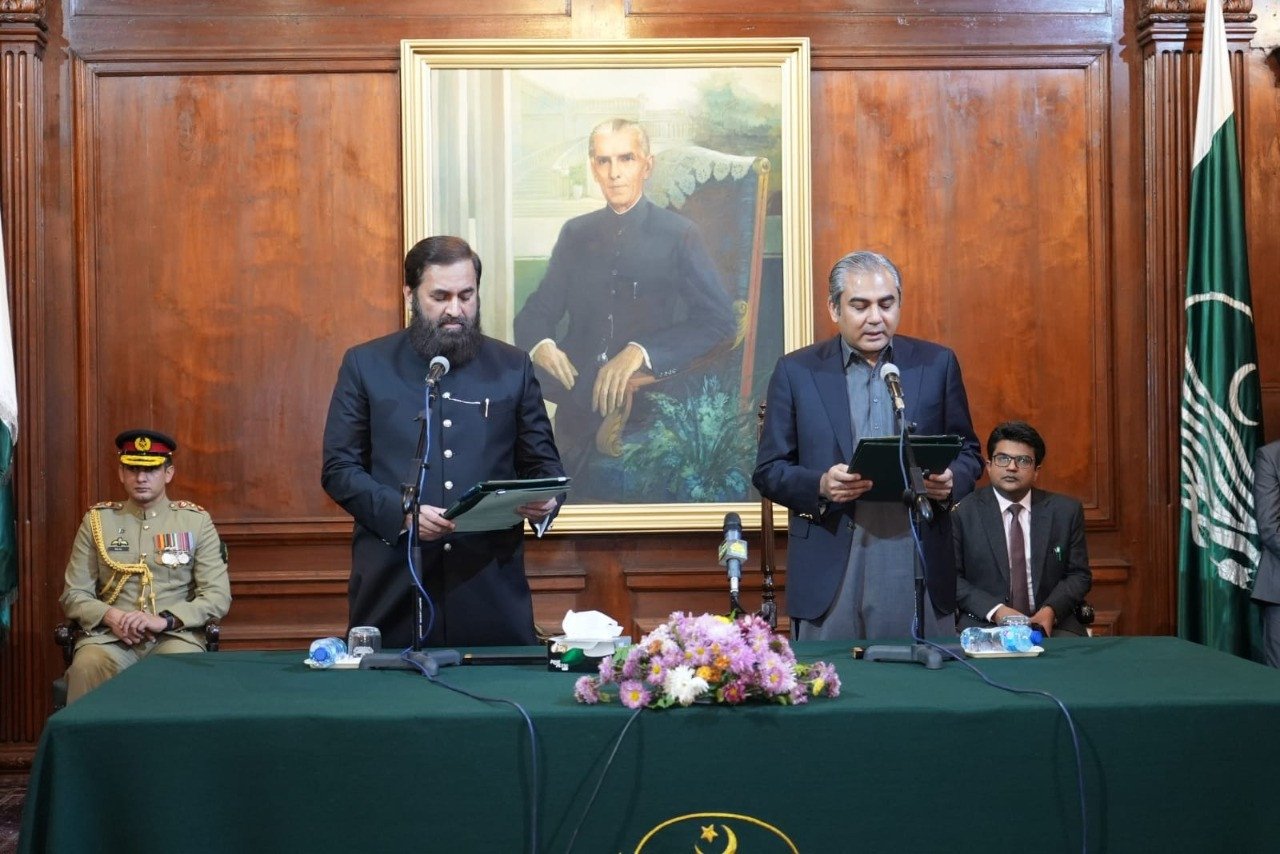
The Election Commission of Pakistan (ECP) on Sunday appointed media mogul Syed Mohsin Raza Naqvi as the caretaker chief minister of Punjab after the ruling party and the opposition in the province failed to reach consensus on any name for the post.
Naqvi’s name was agreed in an ECP meeting chaired by Chief Election Commissioner (CEC) Sikander Sultan Raja and attended by four members of the commission, besides ECP secretary and special secretary and ECP director general, law.
After the dissolution of the Punjab Assembly, former chief minister Parvez Elahi had proposed Ahmed Nawaz Sukhira and Naveed Akram Cheema for the post of caretaker chief minister, while opposition leader Hamza Shehbaz had suggested the names of Ahad Cheema and Mohsin Naqvi.
Read More PPP, PML-N to jointly contest elections in Sindh
During the meeting, the ECP discussed the four nominations. Sources said that the ECP secretary presented the profile and career service details of the four nominees in the meeting. After deliberations, the ECP decided to name Naqvi as the chief minister.
“Pursuant to the proviso of Clause (3) of Article 224A of the Constitution of the Islamic Republic of Pakistan and as a result of detailed deliberations made on 22nd January, 2023, the Election Commission of Pakistan has unanimously decided to appoint Syed Mohsin Raza Naqvi as Care-Taker Chief Minister, Punjab with immediate effect,” the ECP said in a notification issued after the meeting.
According to Express News, Naqvi was sworn in at a ceremony at the Governor House. Governor Balighur Rehman administered the oath. The report said that Zahid Zaman would take over as the provincial Chief Secretary and Dr Usman Anwar as the new Inspector General of Police on Monday morning.
The Lahore-born and US-educated Naqvi is a journalist by profession. He was made the CNN regional head upon his return to Pakistan. Naqvi founded a local media network in 2009 and now owns six news channels and a newspaper, according to some media reports.
Former chief minister Elahi sent his advice for dissolution of the provincial assembly to Governor Balighur Rehman on January 12, less than 24 hours after getting the vote of confidence from the legislature. The advice had been sent on the instruction of Pakistan Tehreek-e-Insaf Chairman Imran Khan.
However, the governor refused to sign the summary. Hence the house stood dissolved automatically after 48 hours – on January 14. The dissolution of the assembly triggered the process for the appointment of the interim setup in the province.
As per the Constitution, the caretaker chief minister would have to be appointed with consensus between the outgoing chief minister and the leader of the opposition in the dissolved assembly. For that Elahi gave the names of Sukhira and Naveed Cheema, while Hamza forwarded the names of Ahad Cheema and Naqvi.
However, chief minister Elahi and opposition leader Hamza Shehbaz could not reach consensus on any name. Later, Governor Rehman tasked Speaker Sibtain Khan to form a parliamentary committee to break the deadlock between the two sides.
Also Read Media mogul Mohsin Naqvi as caretaker
According to Article 224-A of the Constitution, the parliamentary committee had three days to select one of the four nominees. However, the committee was left with only one day due to a delay in the notification for the panel formation. Still the committee was unable to break the impasse and the matter went to the ECP.
The PTI chairman on November 26 had announced that the assemblies of Punjab and Khyber-Pakhtunkhwa (K-P) – the two provinces where his Pakistan Tehreek-e-Insaf (PTI) was in the government – would be dissolved to force the federal government to call fresh general elections in the country.
Following in the footsteps of Punjab, the K-P Assembly was also dissolved earlier this week. However, former chief minister Mahmood Khan and opposition leader Akram Durrani reached a consensus on the name of former bureaucrat Azam Khan as the interim chief minister.It was not the first time the appointment of the chief minister was referred to the ECP. A similar situation had also arisen in 2018.




1730959638-0/trump-(19)1730959638-0-165x106.webp)

1724018265-1/City-Traffic-Police-(CTP)1724018265-1-270x192.webp)


1723647989-0/Abu_dhabi_skylines_2014-(1)1723647989-0-270x192.webp)
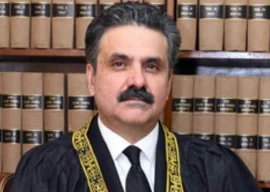
1728020241-0/Express-Tribune-Web-(12)1728020241-0-270x192.webp)
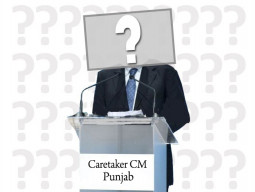
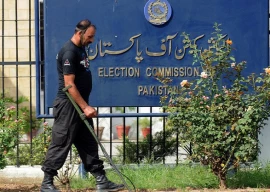
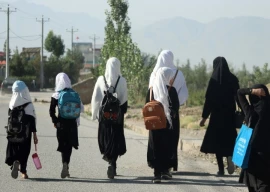






COMMENTS (4)
Comments are moderated and generally will be posted if they are on-topic and not abusive.
For more information, please see our Comments FAQ